Transformational Further Education: Empowering People & Communities
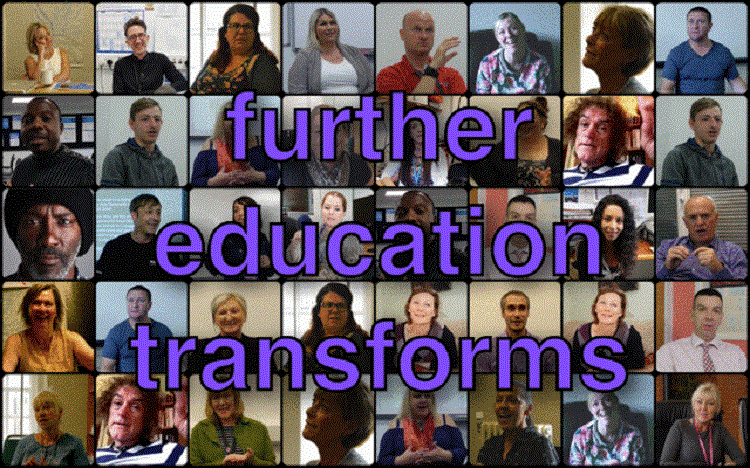
Transformative education is the focus of a current research project being undertaken by Dr Vicky Duckworth of Edgehill University and Dr Rob Smith of Birmingham City University. The Further Education in England: Transforming lives & Communities research project has been commissioned by UCU to provide rich evidence about the transformative nature of further education; the impact stemming and flourishing in colleges around the country.
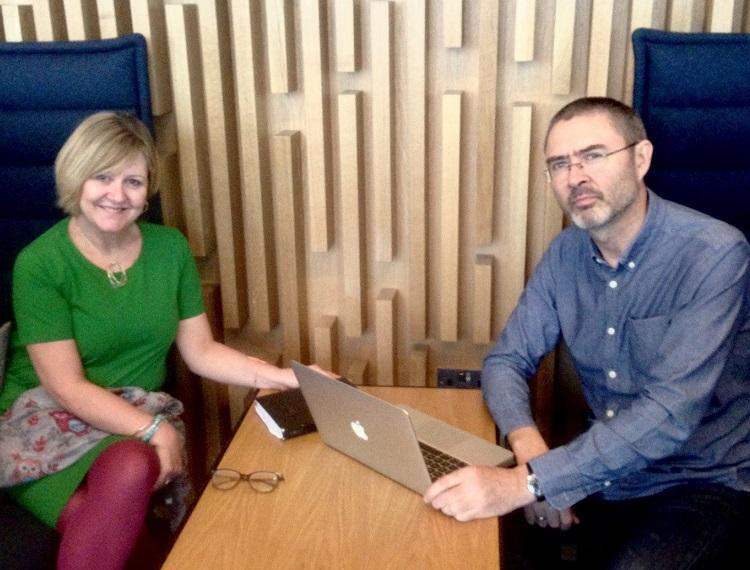 Transforming lives and communities explores students from a diversity of backgrounds and from a wide range of colleges. For example, teachers of students with special educational needs are represented as well as those working in offender learning, teaching on Access, ESOL and apprenticeship courses.
Transforming lives and communities explores students from a diversity of backgrounds and from a wide range of colleges. For example, teachers of students with special educational needs are represented as well as those working in offender learning, teaching on Access, ESOL and apprenticeship courses.
The study is collecting the learning and life course narratives of current and former Further Education students and tracing the impact of transformative education on their family members and their communities. Of course, this impact extends more widely as well, in a “ripple effect” that brings economic benefits to communities and wider society. The study also places a strong emphasis on the central role of further education teachers in facilitating transformative learning. Throughout, the researchers have used video to record participants’ stories and have brought these stories to the public sphere via a dynamic interactive website.
The stories and voices from the project clearly illustrate the dynamic power of transformative learning and teaching. Time and again, the participants tell stories – often arising from their school days – about having low self-esteem, confidence and a belief they were ‘stupid’ and ‘failures’. The impact of structural and historical inequalities: gender, race and class and other markers of identity shaped the students’ educational journeys. One way in which this happens is that students from disadvantaged backgrounds were not considered to have the right attributes to progress. This is often associated with being labelled, in and out of educational contexts. By tracing and exploring the participant’s learning journey, we are able to expose the participants’ circumstances, history and experiences and uncover contributing factors behind them returning to education, the power of it to transform their lives and its consequences for life chances and adults functioning in society.
Transformative learning involves students reaching a new understanding of their place in society, a society that is structured by inequality of opportunity and by the choices people are able to make. Project participants describe how they re-discovered agency in their learning through enjoyment but also challenge and finally through achievement.
One participant, Anita describes how returning to education enabled her to break out of the ‘box’ that other people had put her into. It sounds dramatic but the phrase It opened my eyes to a whole new world is one that is repeated by several different participants.
Claire describes her experience as empowering and speaks about longing to re-enter the learning environment that gave her such positive feelings and a powerful view of herself. These experiences changed the way she saw herself in relation to the world: this was fundamental to her transformation and to her success as a student. The transformation of her aspiration and her life impacted on her children’s progression and the transformation in the dynamics of the family. Claire tells her story and talks about her experiences here.
For teachers, affirmation has a central role in transformative learning. Transformative teaching is a scaffolding process, nuanced for each individual and dynamic, connecting students to progress, development and change. Transformation can be driven by students exploring their narratives and the society around them. This can result in praxis, which includes for example, a dedication to challenging the status quo and facilitating people from marginalised communities understand their oppression, such as recognising structural inequalities of class, gender and ethnicity. Transformative teaching requires a particular kind of relationship: one that promotes realisation, reflection and change shift accountability of often traumatised narratives from the labelled self to ones of empowerment.
16-year-old Adam found it hard to control his anger in school and felt he was making no progress. At a critical time when Adam (and other participants) were becoming aware of themselves and how they fitted into the classroom, self-conscious emotions such as pride, shame and guilt began to emerge. School should be a place where the students feel comfortable and respected; instead they often felt was anxious, confused and angry at being labelled as ‘no hopers’ and marginalized. Adam found his way back to learning in Further Education. He likes the calm environment in college. Now, he is gaining qualifications, becoming more confident and has a clearer view of what he wants to do in future. Now, he has hope and self-belief. Listen to Adam’s story here.
Judith an access of higher education teacher, spoke of a pedagogy which values her students as people with as-yet unrealised potential; the key driver being incorporating the building of confidence into the lessons. This includes recognising and validating the often invisible knowledge and practical skills students bring into lessons, for example, the socially situated practices of childcare, working out bills, budgeting etc. Judith’s approach incorporates a powerful awareness of the communities and social background her students come from; it connects education to hope and helps students construct the bridges from dreaming about what seems impossible to the realisation of their own potential. See Judith’s story here.
The research illustrates that transformative learning includes dealing with the political, social, and economic factors that have interacted to marginalise these students. Transformative learning is successful because it engages with students in a holistic caring way, as people with families, experiences and histories that are all significant and meaningful in their lives. Challenging inequalities in students’ lives and communities, adult and 16-19 education at its best mobilises a critical pedagogy and provides a curriculum that is culturally relevant, student-driven and socially empowering. It unites people and communities in hope for the future.
From this perspective, it’s important that teachers and policy makers establish the conditions in which students are empowered to take agency within the field of education and beyond. This has implications for curriculum and, inevitably, for funding. The curriculum needs to connect with students’ lives and experiences. Funding can facilitate this by recognising the value of informal and formal education, step by step progression rather than uniform linear progression. Indeed, a number of students from transforming lives and communities have been facilitated by colleges to take a series of small steps and achievements leading to full engagement with a mainstream qualification; some had gone on to fulfilling and affirming employment.
If you would like to submit your transformational story to the transforming lives and communities website please upload (pictures too) here.
Book a place at the transforming lives and communities conference, on the 21st of June.

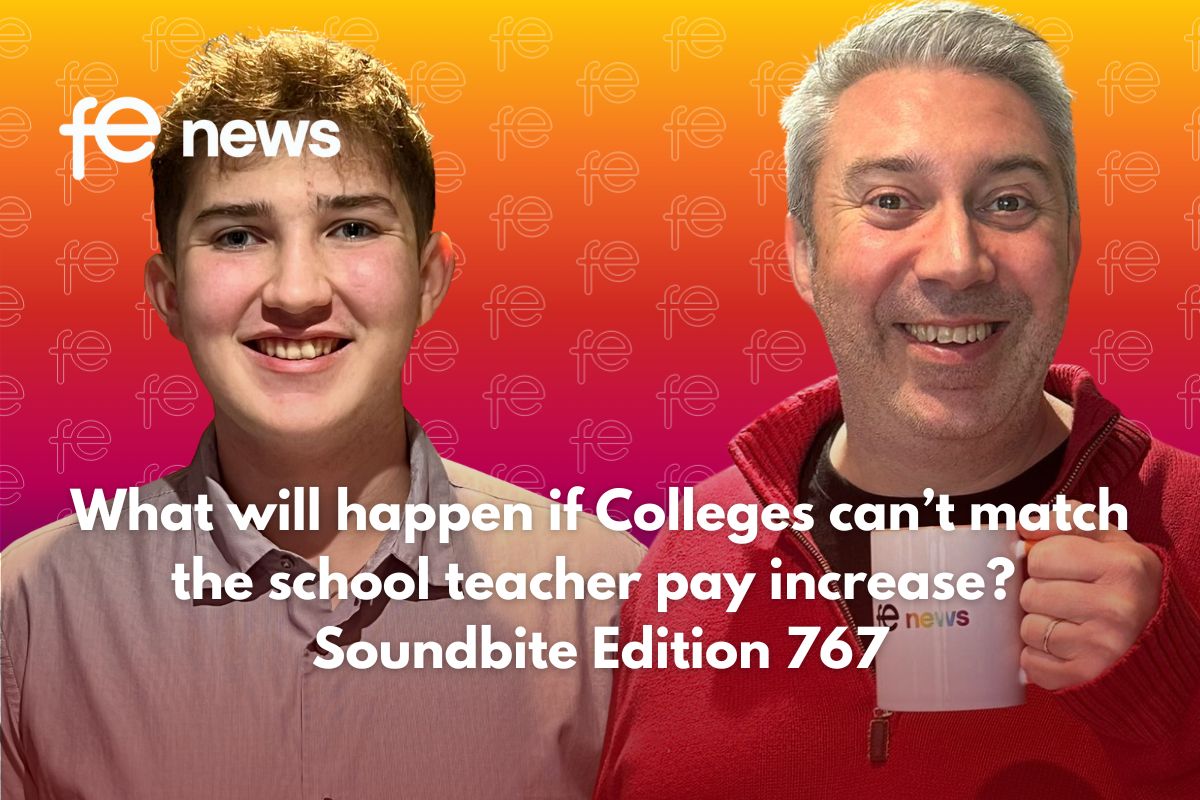



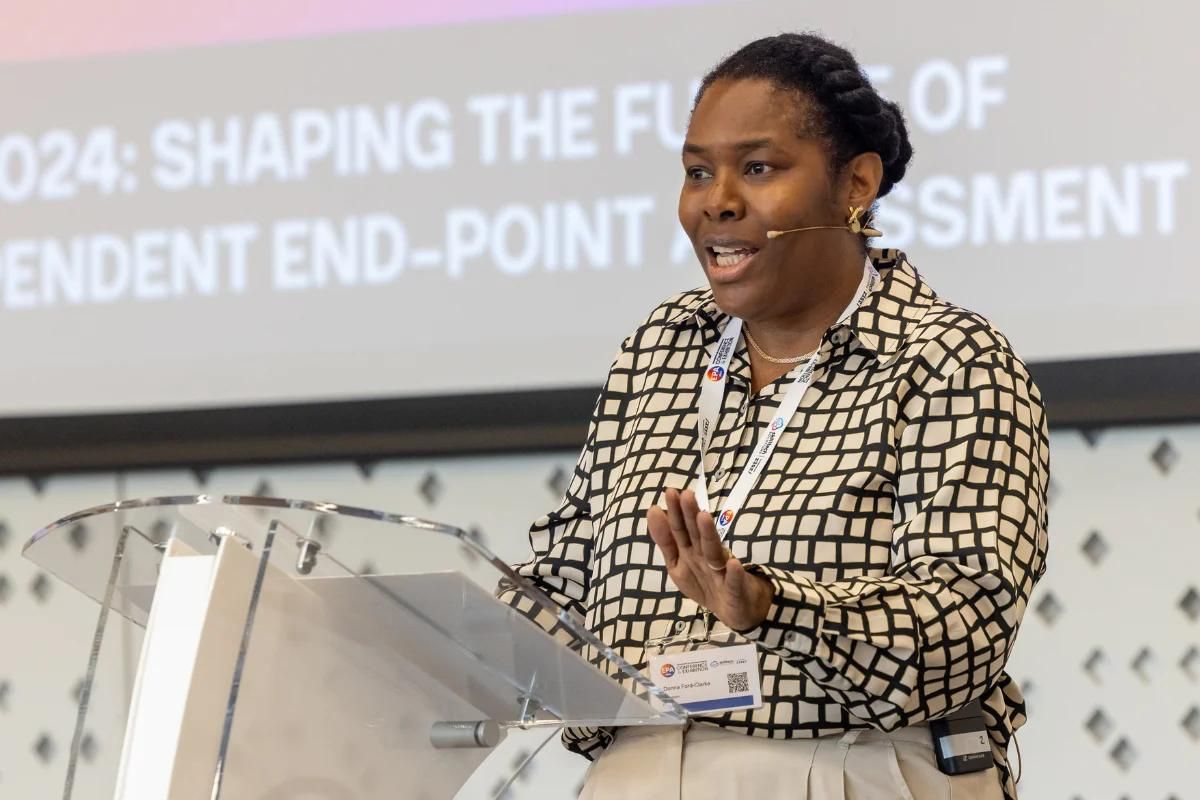
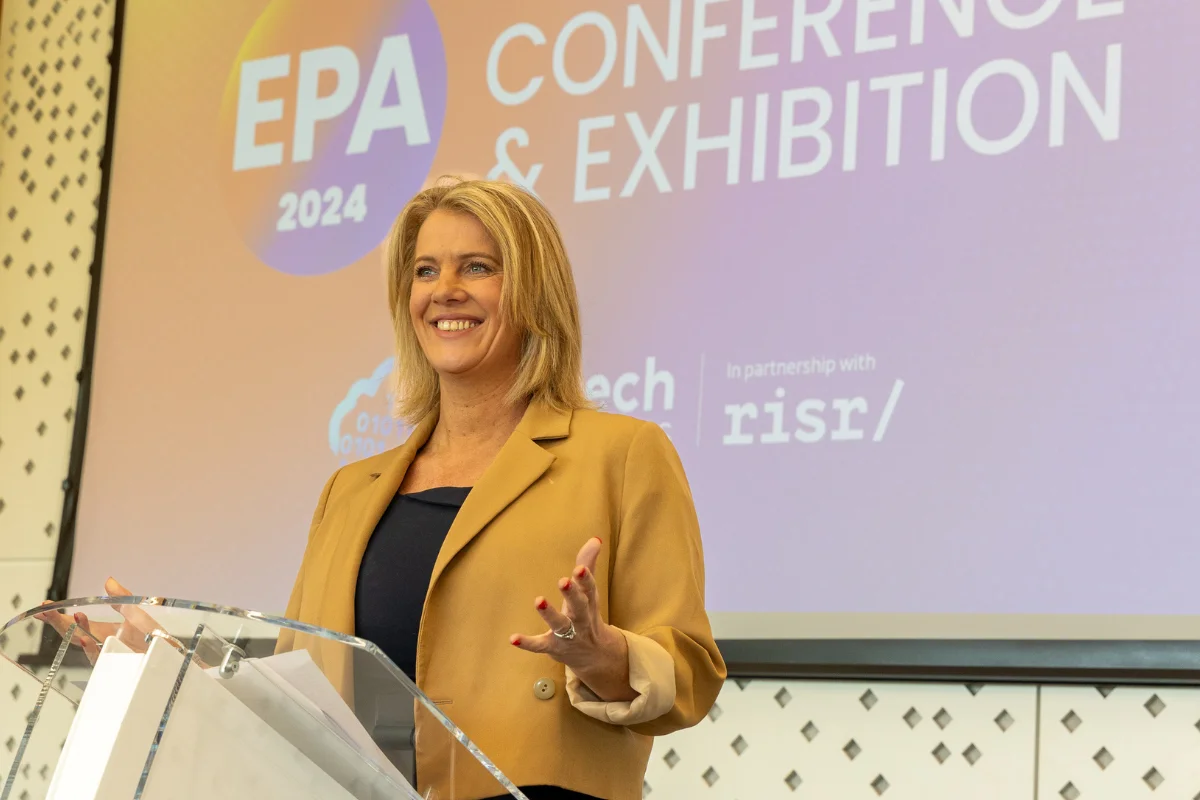


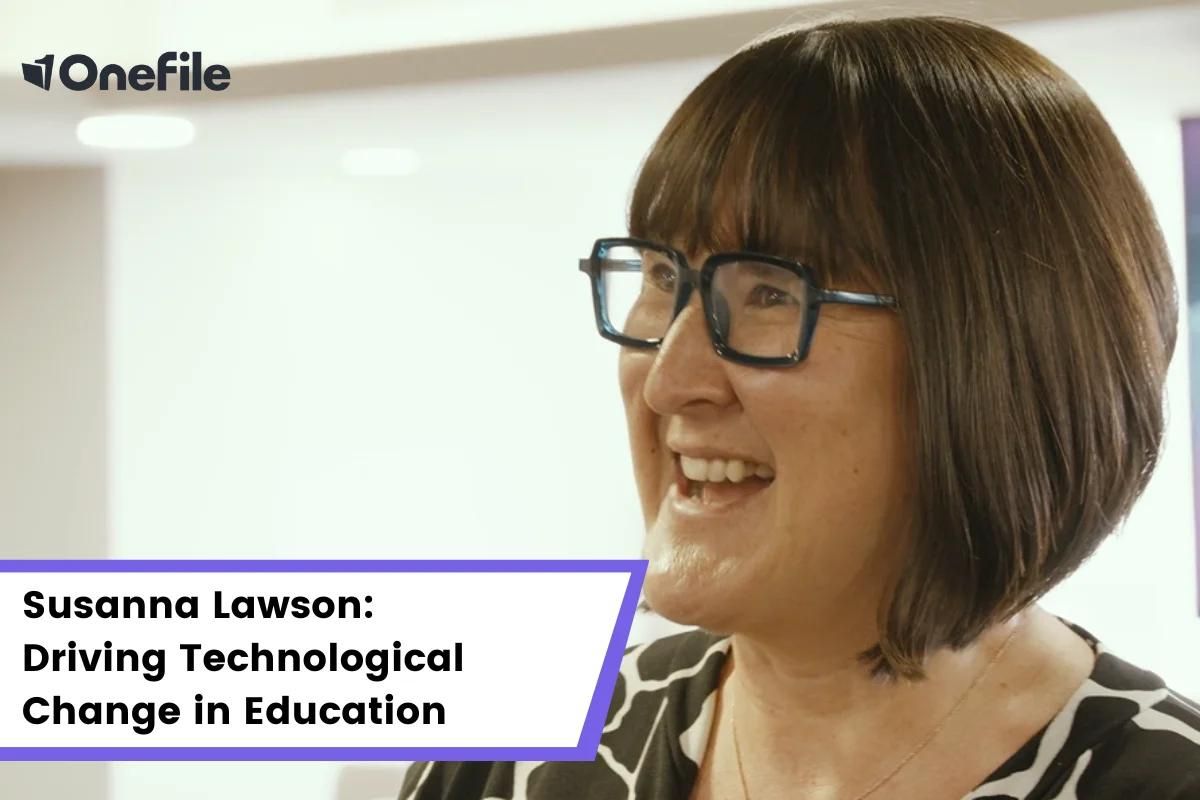
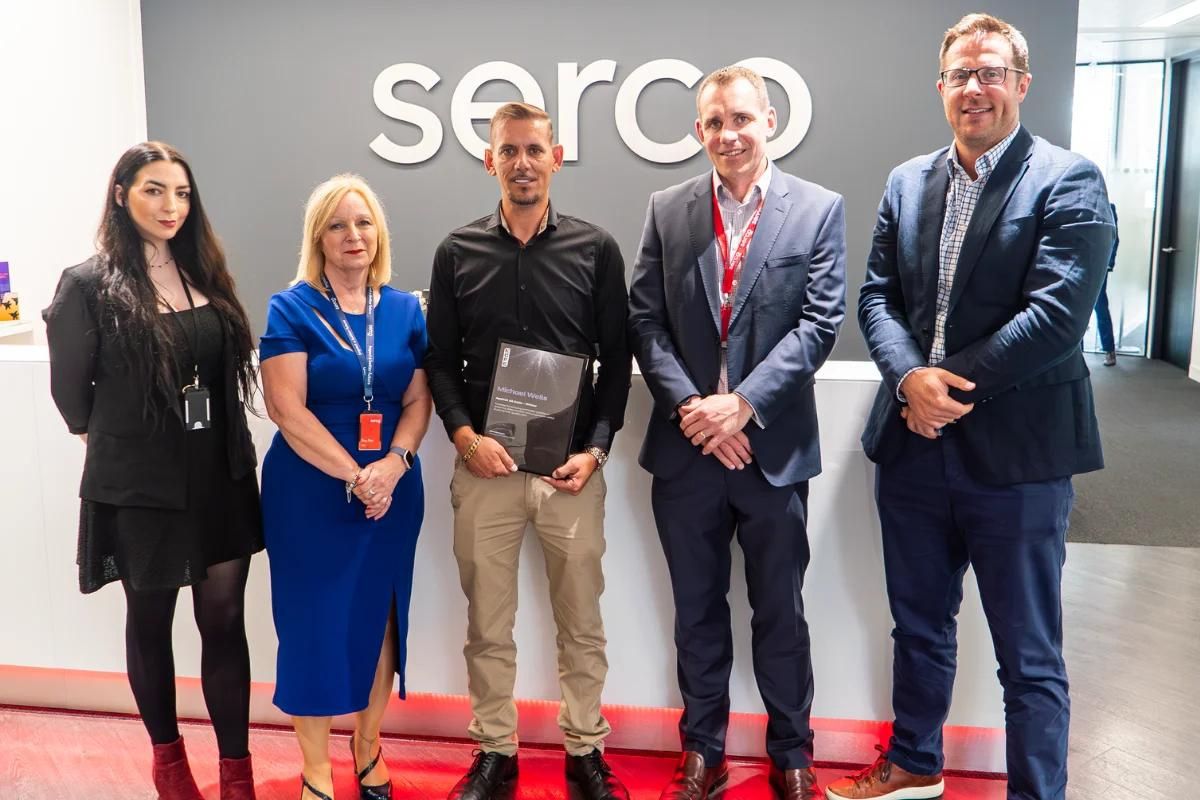
Responses